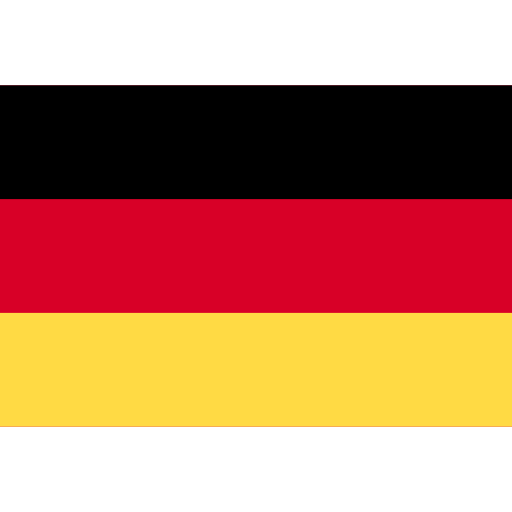A different take on Dubai market’s rent gains of 2022
[ad_1]
Growth in any industry can be a bit of a double-edged sword. While some see it as a positive, there are others who take a more extreme view and plagued by visions of growth spiralling out of control.
That is the situation the Dubai real estate market finds itself in at present, especially when we look at rentals. Over the past 12 months, we have seen significant rises in rental pricing across nearly all sectors – 32 per cent on average and in certain communities, a year-on-year increase of more than 40 per cent.
One might look at some of these figures and ask themselves if maybe rents in the city are getting out of hand, but a closer analysis shows that is not the case. The simple fact is that Dubai is currently an undervalued rental market. If we look back to where prices were before the pandemic, there was a sustained downward slide with the ever-present hope that growth was just on the horizon.
It was very much a tenant’s market at the time and prices hit their lowest point in Q2-2019, falling by 60.9 per cent over a period of 2 years. There was a slow rise shortly after, with prices plateauing in the wake of the pandemic during the first-half of 2020 as the market was driven by uncertainty.
The Dubai government’s swift actions were largely responsible for turning the market around – well-managed protocols and a strong vaccination drive helped in bringing about a V-shaped recovery. Legislative changes, new initiatives and an overhaul to the visa process (going into effect in September) have helped in boosting confidence from international property seekers who needed just the right excuse to move to Dubai.
The net result is a surge in demand that has led to prices exceeding pre-pandemic levels – rents have increased by 31 per cent since the highest point seen in 2020. However, rents are only slightly higher than the previous all-time peak, last seen in May 2017. Taking a broader view, there has been a net increase of 3 per cent since 2017.
End of ‘pandemic pricing’
Even as Dubai became one of the first global cities to emerge from lockdown, there was the ever-present fear that the situation could worsen. This resulted in tenants seeking out larger properties better suited to working from home, and all aspects of the ’new normal’ that Dubai, and the rest of the world, would have to navigate.
On the flip side, landlords who were reeling from the impact of the pandemic had to make certain compromises to keep tenants on board. From the summer of 2020, Dubai’s rental market has been operating on ‘pandemic pricing’, which includes reduced rent prices, flexible payment options, and rent-free periods.
With demand currently well in excess of the available supply, landlords are now in a position where they don’t need to offer incentives anymore – tenants are practically beating down the door to move in. As such, this is the end of ‘pandemic pricing’ and the market is operating at the level it should have been all along.
Below global average
Let’s consider some of the top rental markets around the world. The average increase in New York City (specifically in Brooklyn and Manhattan) is 31.9 per cent year-on-year from 2021, but the net increase since 2017 is 9.6 per cent in Brooklyn and 5.6 per cent in Manhattan, roughly two to three times the rental increases seen in Dubai. London has witnessed some of its steepest rental increases, and the UK as a whole is seeing jumps in rental pricing that are well above pre-pandemic levels.
The year-on-year rental increase for Dubai rents since 2017 is 0.6 per cent overall, when you adjust for relaxed pricing during the pandemic. It is, remarkably, undervalued in comparison to its global counterparts and offers the most value in terms of the square footage and the amenities that you get for your money.
Sustainable
The simple fact is that there will be a bit of a shakeup in the market, as tenants who have gotten used to ‘pandemic pricing’ must look at actual market prices. Will this lead to fewer rental transactions?
In the short term, there will be a dip in certain areas as tenants adjust to the new pricing. However, there is no shortage of demand in the rental sector – if one bracket of tenants gets priced out of a certain area, there is a higher bracket of tenants ready to come in.
Summer in Dubai, which has always been seen as a quiet period for real estate, has proven to be a hub of activity lately, particularly in the rental market as families look to get settled in before school year begins. Into the third quarter, I expect to see continued strong performance at the higher end of the market, with some minor fluctuations at the mid-level.
[ad_2]
Read More:A different take on Dubai market’s rent gains of 2022


 Canada
Canada Japan
Japan Germany
Germany Australia
Australia United States
United States United Kingdom
United Kingdom China
China France
France Ukraine
Ukraine Russia
Russia Turkey
Turkey